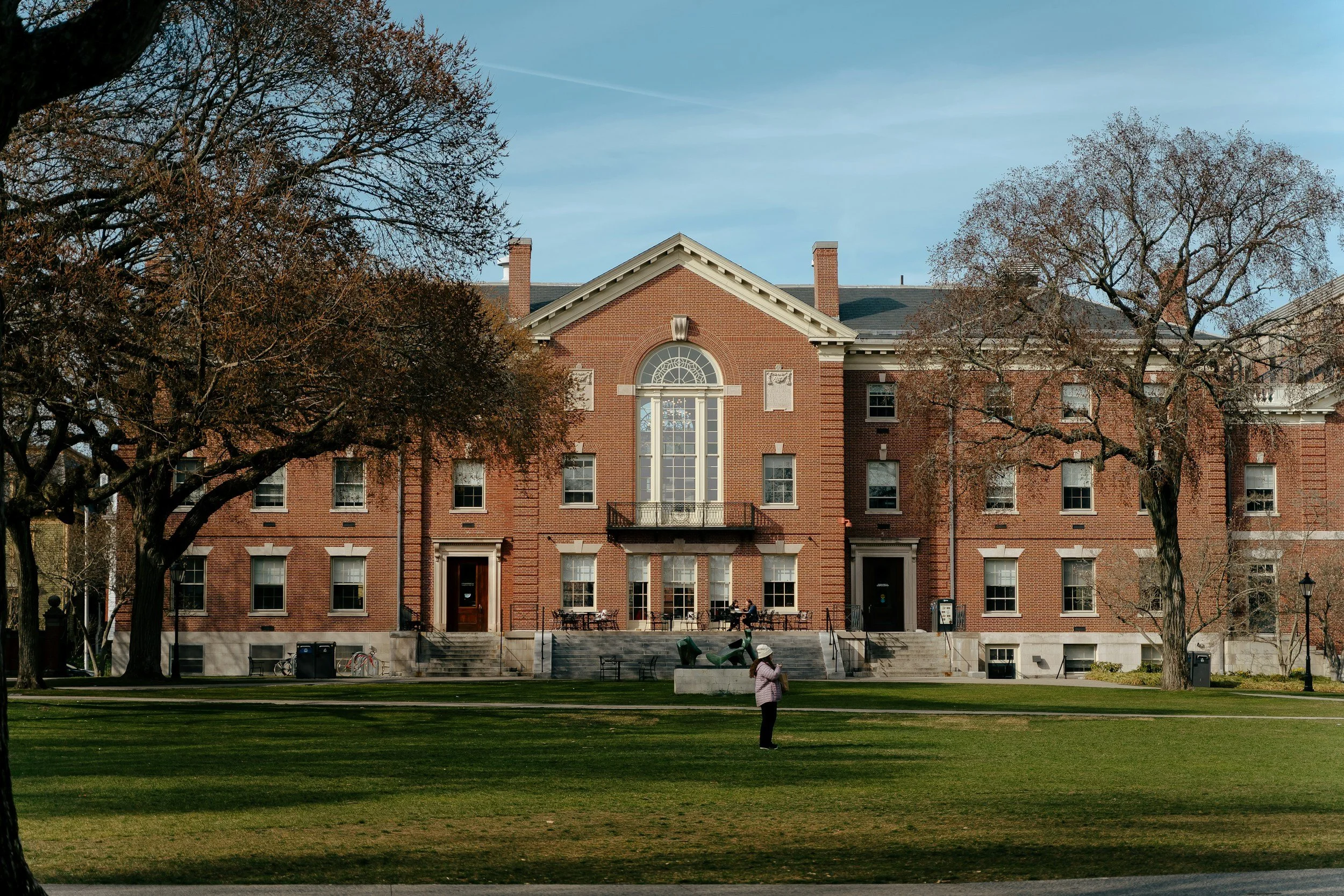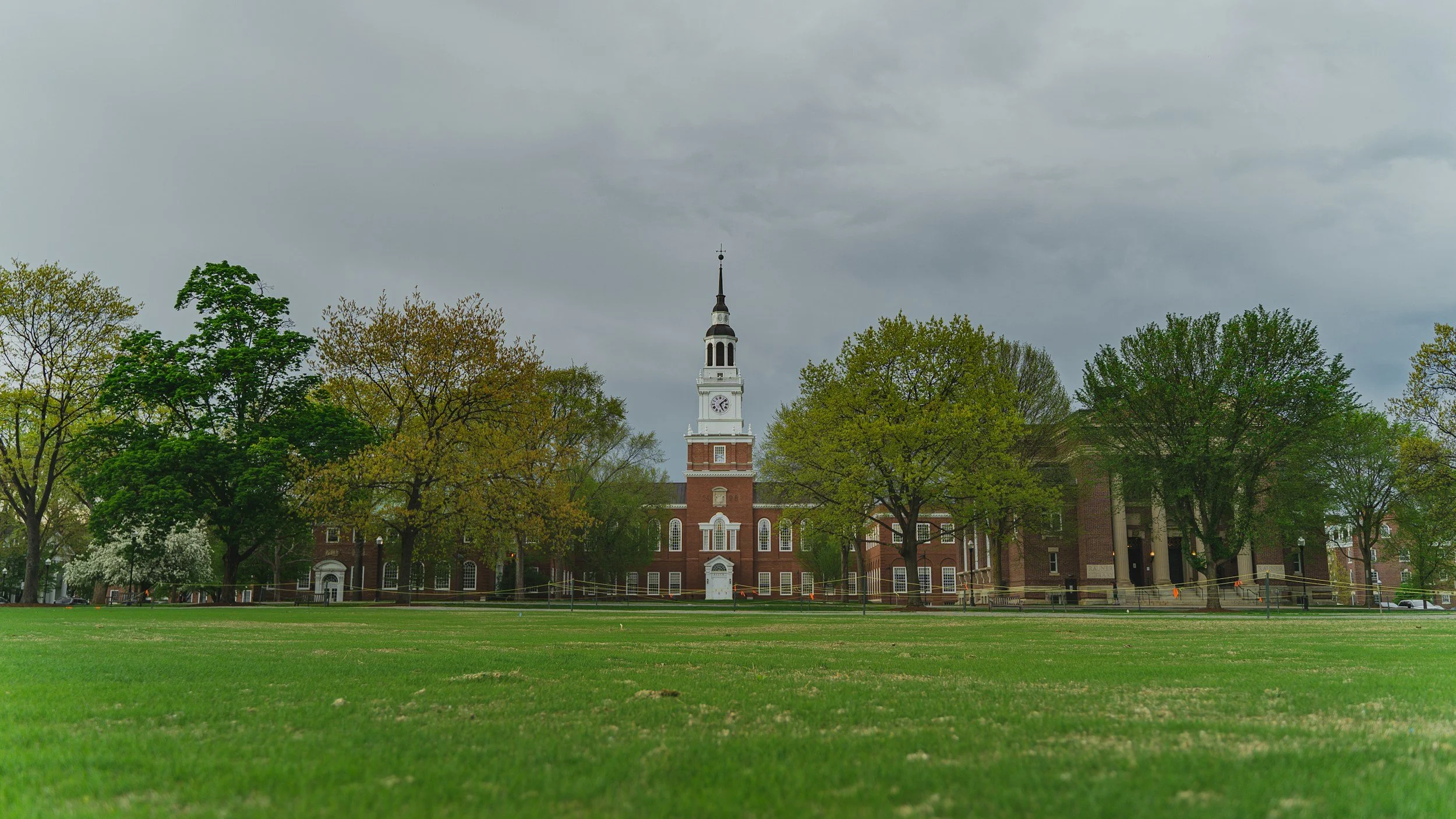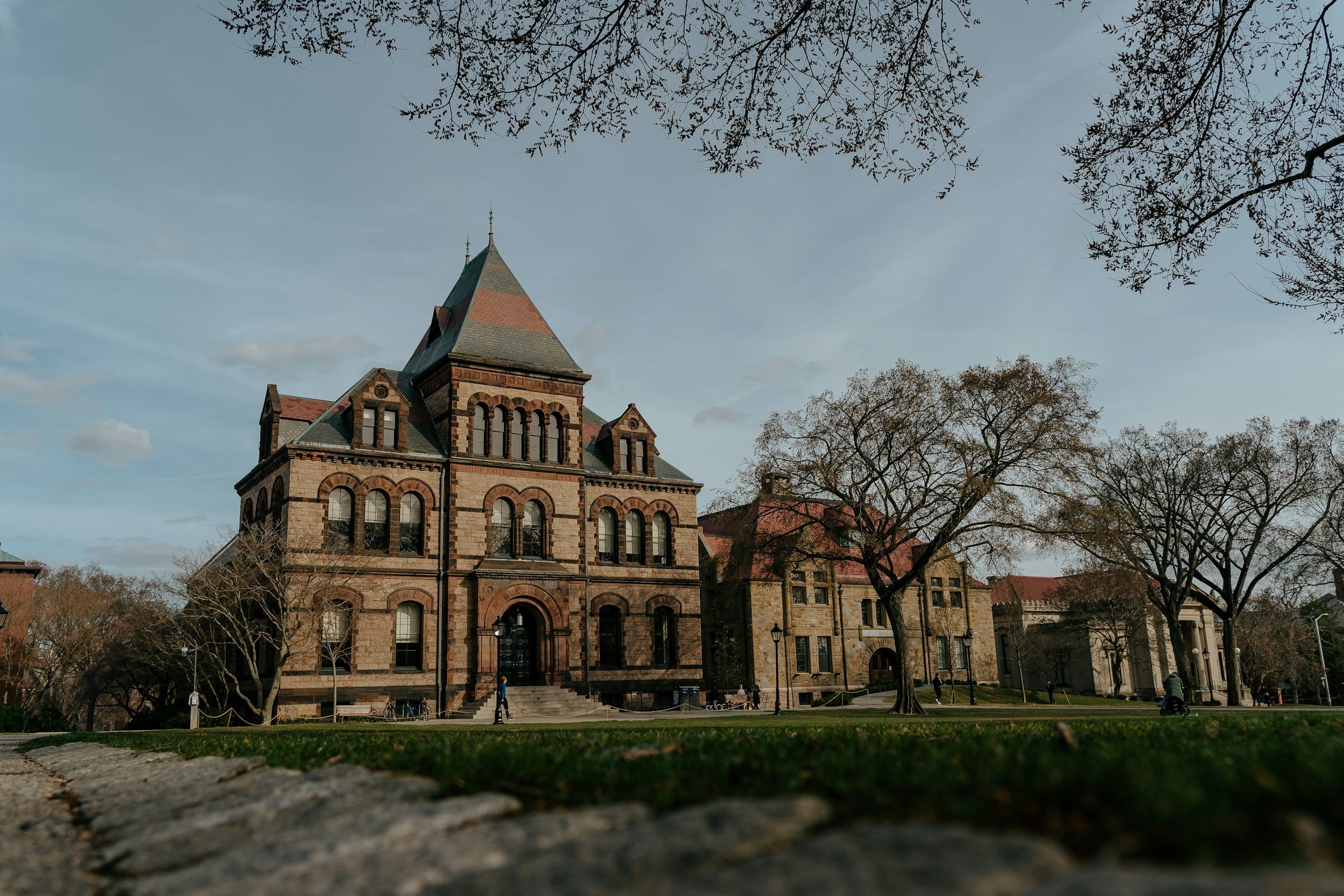What Are the Tier 1 Colleges

Harvard, Yale, Princeton, MIT, Stanford, and Caltech are the only true Tier 1 colleges in the United States. No other institutions, including Columbia and UPenn, maintain as high a bar for admission as these six schools. Students admitted to these universities typically have national-level accomplishments, whether through conducting original research, placing in top academic competitions, or creating quantifiable, positive impact in their communities.
Students who are rejected by these schools but go on to attend institutions like Columbia or UPenn, what we refer to as Tier 1.25 colleges, often demonstrate similar levels of extracurricular achievement, but may have slightly underperformed in areas such as GPA, course rigor, or standardized test scores. Alternatively, they may not have achieved standout success in the three extracurricular categories just mentioned.
Most applicants and parents underestimate just how much more difficult it is to gain admission to these six schools compared to other elite colleges. Traditional admissions metrics like SAT scores, GPA, and acceptance rates fail to capture the qualitative differences in achievement required. This is because such statistics do not quantitatively measure the scale or impact of a student’s extracurricular involvement.
This distinction is crucial: unless your extracurriculars are world-class, applying to these six schools is generally not advisable. Each has a lengthy and highly specific application, with essay prompts unique to that institution. Applying to them as a long shot can consume time that would be better spent crafting strong essays for colleges where you have a realistic shot. In fact, applying to these schools without being truly competitive can decrease your chances of getting into the most selective college you are qualified for, simply because of how much time and energy they demand.
If you wish to learn which 3 types of extracurriculars are most effective for gaining admission to these schools, check out: The Only 3 Extracurriculars You Need to Get Into an Ivy League School.
If you need help writing a Common App essay for these schools, check out these two articles: Read This Before Writing That Sob Story and Common App Essays That Work.
If you need help applying or preparing to apply for Harvard, Yale, Princeton, MIT, Stanford, or Caltech, contact an admissions expert today!






























